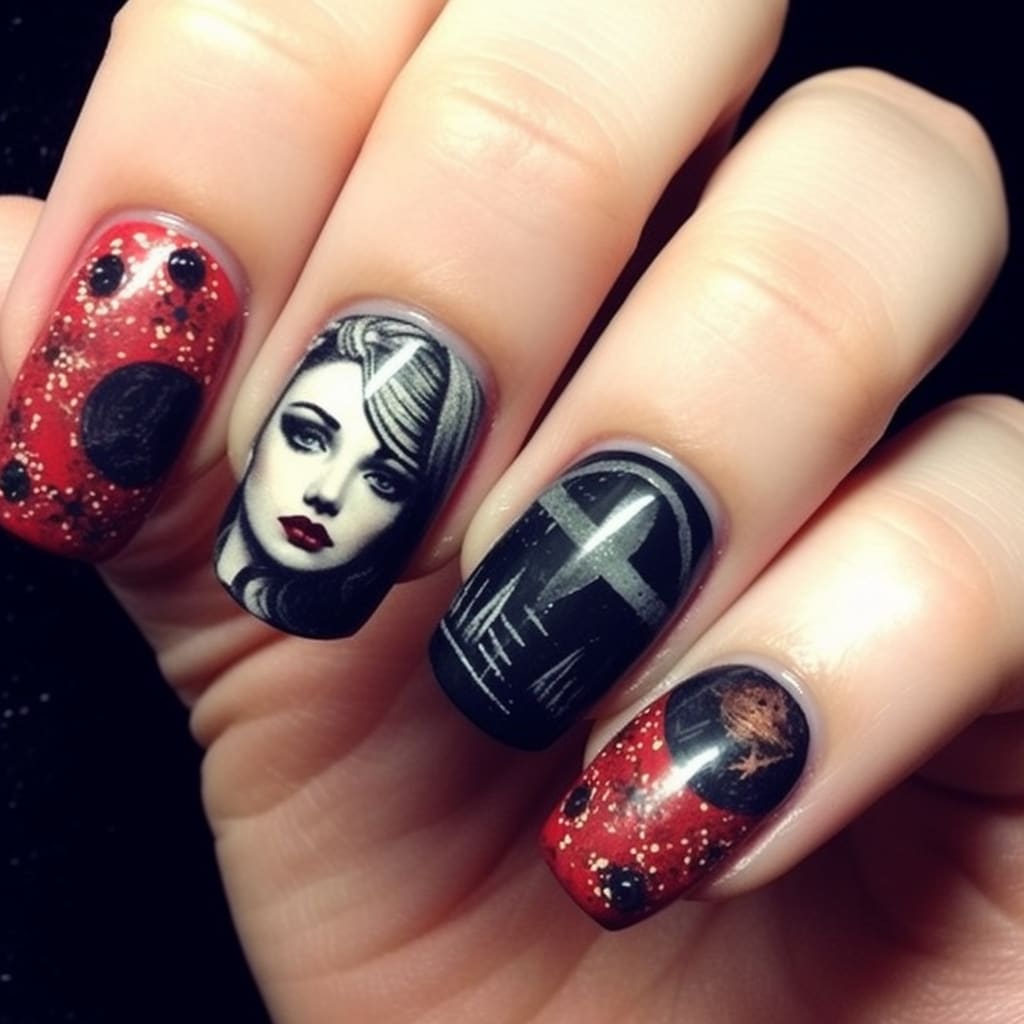Advice on how to prevent nails from becoming brittle
Tips to keep your nails strong and healthy

Since your fingernails and toenails are an indication of your overall health, it is essential to rule out the possibility of having a systemic condition if you notice any changes in their appearance. Although the severity of the issue varies from person to person, many individuals have reported that breaking their nails is a significant challenge.
Peeling in layers or transverse plates from the free edge is the most prevalent type, followed by longitudinal cracking as the second most common kind. A dull and rough look of the surface, longitudinal ridges, and separation of the nail plate from the nail bed are some of the less common manifestations of this condition.
Brittle nails are a fairly frequent condition that create worry for the person who has them, not only because of the aesthetic effect they have but also because of the difficulties they pose in completing activities of daily living. Brittle nails may be caused by a number of different factors. The following are some warnings, guidelines, and day-to-day maintenance instructions that will assist you in maintaining your nails and preventing them from breaking easily.
HOW TO PREVENT BRITTLE NAILS AND CARE TIPS
People who have nails that are easily broken should make sure to keep up with a few basic hygiene care activities as part of their regular care regimen.
It is important to avoid removing or tearing off your cuticles since doing so might result in microscopic incisions that make it easier for infections to enter the body. Maintain a neat appearance by cutting your nails short and filing the free edge of each nail on a regular basis.
After you have moistened your hands, use a lotion or protective ointment that is formulated with either glycerin, petroleum jelly, or silicones. When you use nail strengtheners, the nail plate will have a stronger consistency, which will contribute to a decrease in the number of cracks and broken nails.
These days, they are often made using ingredients that are less prone to provoke allergic reactions than in the past. Raise the amount of protein and fatty acids in your diet. Deficiencies in certain nutrients are often the cause of brittle nails. It is possible that your diet has to be evaluated with the assistance of your pharmacist.
Consuming extra lean meats, eggs, leafy green vegetables, and soy, all of which are good sources of additional protein, may be helpful for strengthening your nails. Fatty acids, such as those found in walnuts, dairy products, oils, and seeds, are among the many foods that contain them. Be careful while using nail products that include fewer natural ingredients. Reduce your intake to once per week at most. To find out which products are suitable for you, your pharmacist is the best person to consult.
Another piece of advice that may be helpful in preserving the health of your nails is to always wear gloves while doing chores around the home that require prolonged contact with liquids or substances containing chemicals. These products may be quite abrasive to the skin and nails, which makes them more brittle and hence more likely to break. Because it is essential to maintain a dry environment for the fingernails, you should avoid getting your hands or gloves wet for lengthy periods of time.
Also, make an effort to break the habit of chewing your fingernails or toenails. Biting one's nails causes layers of irregular development, which increases the likelihood that the nails will become brittle. A further disadvantage of having long fingernails is that they provide a perfect breeding environment for a wide variety of germs. This is because fingers are constantly handling items that may be contaminated or unclean.
By according to these suggestions, you will be reminded not to use your nails as tools to open jars, cans, or other items, and you will also be reminded to protect them while indulging in manual work such as carpentry, plumbing, painting, and other routine home chores.
Always keep these pointers in mind, and don't overlook the importance of nail care in your routine. Always consult your local pharmacist if you have any questions or concerns about the medication that you are taking.
About the Creator
Míriam Guasch
Hello, I'm Miriam! Enthusiastic pharmacist passionate about well-being, vegan food, nature, animal lover, avid traveler, ecologist. Excited to learn and share!






Comments (1)
Great work!